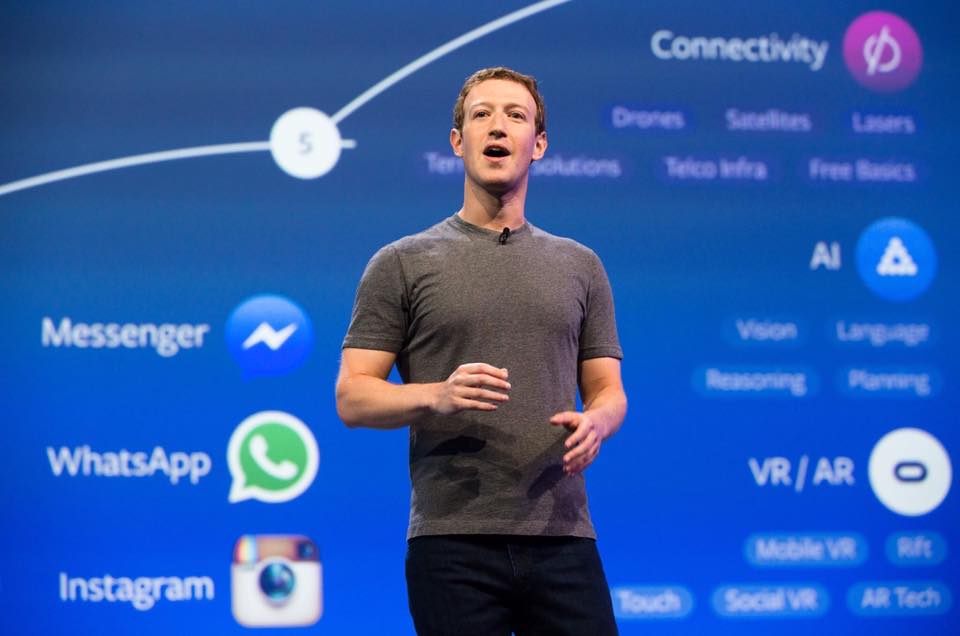Facebook is capping off the year in the same way that it started it, knee-deep in a controversy surrounding privacy. Although the social network refrained from selling user data directly, it apparently had no qualms in forming special partnerships with major tech companies that granted intrusive access to its users’ personal information. The firm has since rebutted the scathing report, claiming that its partners only had access to data where users had given permission.
The accusations come from The New York Times, which boldly claimed that Facebook had been granting its business partners access to a wealth of user information that would otherwise be prohibited by its longstanding privacy rules. The data reportedly rakes in as much as $20 billion from American companies such as Amazon, Apple, Microsoft, Netflix and Spotify, even going as far as far as to divulge personal messages.
Facebook’s Director of Developer Platforms and Programs, Konstantinos Papamiltiadis, initially justified these claims as a part of its mass ‘integration partnerships’ with third-party platforms and devices, allowing users to recommend songs and blend Facebook into hubs that include other social media platforms. Integration even allowed Microsoft's Bing search engine to see the names of “virtually all” Facebook users' friends, supposedly without direct consent before the effort was shut down in 2016.
Furthermore, Facebook’s VP of Product Partnerships Ime Archibong added that “no third-party was reading your private messages, or writing messages to your friends without your permission. Many news stories imply we were shipping over private messages to partners, which is not correct.” The phrasing, however, suggests that users were granting such permission by using Facebook login to sign into other platforms. These were instead dubbed ‘instant personalisation’ partnerships, allowing “Alexa read your email aloud,” or share things from Spotify, Netflix and Dropbox at the click of a button.
The social network claims to have been forthright and transparent about its “experimental” features, denying the New York Times’ accusation that such invasive measures were used “as recently as this summer.” In fact, Facebook claims that each feature has “been shut down for nearly three years.” The platform even went as far as to showcase screenshots of the type of messages shared with partners, although Facebook remains coy on showing what its permissions screen used to look like.
Spotify explained that it didn’t realise the amount of access that Facebook provided, while Netflix ditched the system in 2015. Microsoft, Amazon and Yahoo all cited that they were respectful of the privacy policy, only collecting some data from those that opted in.
Without knowing how clear Facebook was about its permissions to the users that unknowingly granted them, it remains uncertain where the fault truly lies. Still, plenty of citizens across the world are increasingly concerned about how their data is being handled, finally beginning to prioritise privacy over convenience.
KitGuru Says: So far, Facebook has already clashed with the European Union’s recently implemented GDPR, with the United States considering its own regulations. Millions of users have flocked from the platform in the wake of its multiple fallouts, leading to a tension in leadership. At this point, Zuckerberg is going to need a miracle to maintain his position.
 KitGuru KitGuru.net – Tech News | Hardware News | Hardware Reviews | IOS | Mobile | Gaming | Graphics Cards
KitGuru KitGuru.net – Tech News | Hardware News | Hardware Reviews | IOS | Mobile | Gaming | Graphics Cards



